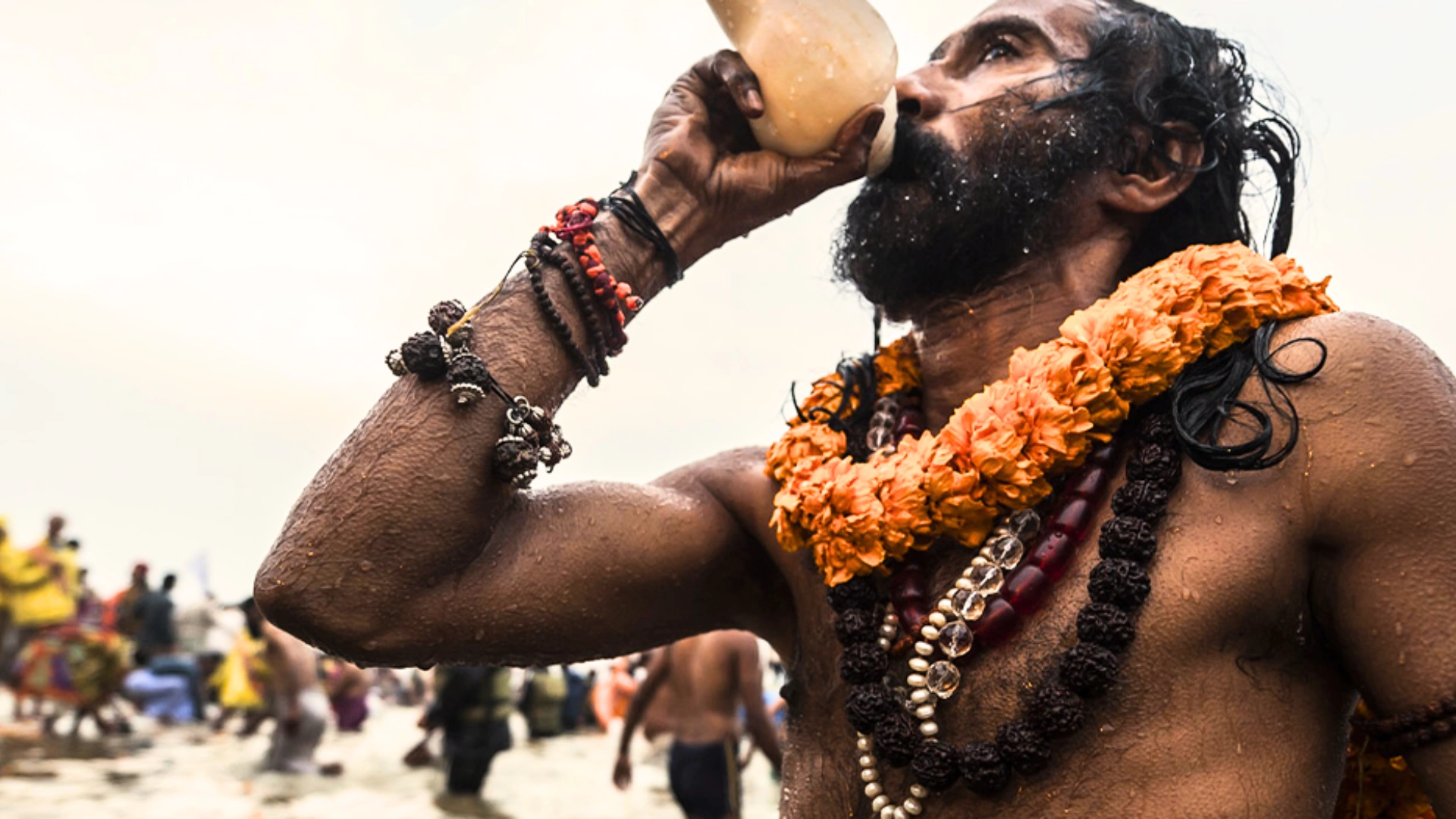American singer and philanthropist, Mary Millben, has raised concerns over the arrest of Chinmoy Krishna Das, an ISKCON (International Society for Krishna Consciousness) monk, in Bangladesh. In a passionate statement on social media, Millben condemned the arrest and the escalating violence against Hindus and other religious minorities in the South Asian nation. Her remarks come amidst growing international outrage following the detention of the monk on charges of sedition.
The arrest of Chinmoy Krishna Das has sparked widespread protests and calls for justice, with many highlighting the need for religious freedom and the protection of minority groups in Bangladesh. In her post, Millben urged world leaders to take immediate action to address the growing persecution of minorities, calling for a global commitment to safeguarding freedom of religion.
Chinmoy Krishna Das, a senior monk at the ISKCON temple in Chittagong, was arrested earlier this week on charges of sedition. The allegations stem from an incident in which he reportedly raised a flag on a stand that displayed the national flag of Bangladesh. According to local reports, the monk’s actions were interpreted by authorities as an affront to the national symbol, a serious charge in the politically sensitive environment of Bangladesh.
The court in Chittagong denied the monk bail, sending him into custody. The arrest of the ISKCON monk has raised alarms not only for the Hindu community in Bangladesh but for the broader context of religious intolerance in the country. Many see this as part of a disturbing trend of discrimination against minorities, particularly Hindus, who make up a small percentage of the country’s population.
This incident has sparked a renewed conversation about the treatment of religious minorities in Bangladesh, a country with a majority Muslim population. There have been growing concerns about extremist violence, particularly directed at Hindus, whose temples, homes, and businesses have increasingly become targets of violent attacks in recent years. Many fear that the arrest of Chinmoy Krishna Das may further inflame these tensions.
Mary Millben, known for her humanitarian work and activism, took to X (formerly Twitter) to voice her concerns. In her post, she stated:
“The imprisonment of Chinmoy Krishna Das and the continued attacks against Hindus and other minorities by extremists in Bangladesh must be addressed now by world leaders. We must preserve religious freedom, and the safety of all people of faith globally.”
The imprisonment of Chinmoy Krishna Das and the continued attacks against Hindus and other minorities by extremist in Bangladesh must be addressed now by world leaders. We must preserve religious freedom, and the safety of all people of faith globally. #ReleaseChinmoyKrishnaDas pic.twitter.com/0zvk6i1Sti
— Mary Millben (@MaryMillben) November 27, 2024
Millben’s words have resonated widely with those who believe that religious persecution must be confronted by the international community. The issue of religious intolerance has been a source of increasing concern in various parts of the world, and Millben’s comments bring much-needed attention to the situation in Bangladesh.
The arrest of Chinmoy Krishna Das has prompted calls for international pressure on the Bangladesh government to ensure that justice is served and to protect the rights of Hindus and other religious minorities. Human rights organizations and activists are advocating for the monk’s release, while urging the government to create a safer environment for minority communities in the country.
The situation in Bangladesh has been increasingly tense, particularly with regards to the Hindu minority. Despite the country’s constitution guaranteeing religious freedom, many have argued that discrimination and violence against non-Muslims have been on the rise in recent years. Attacks on Hindu temples, shrines, and even individual practitioners have become disturbingly frequent, leading to widespread fear within these communities.
In fact, the Bangladesh Hindu Buddhist Christian Unity Council has reported a rise in hate crimes and attacks targeting Hindus, with some incidents linked to extremist groups. The arrest of Chinmoy Krishna Das has sparked a wider discussion about the vulnerability of religious minorities in Bangladesh, particularly as some extremist factions openly incite violence against them.
While the Bangladesh government has occasionally condemned these attacks, many critics argue that the authorities have failed to take meaningful action to protect vulnerable groups or to hold perpetrators accountable. The arrest of a prominent ISKCON monk has only deepened these concerns, highlighting the fragile state of religious tolerance in the nation.
The legal grounds for Chinmoy Krishna Das’s arrest remain controversial. While the authorities have framed the monk’s actions as a threat to national security, others see this as a politically motivated attempt to silence dissent and further alienate religious minorities. The arrest has also sparked discussions about the Freedom of Religion in Bangladesh, with many arguing that the nation’s religious freedoms are under siege.
A petition filed by a lawyer in Bangladesh is calling for a ban on ISKCON, labeling it as a “radical organization” and accusing it of stirring up communal unrest. This move has further complicated the situation, as it targets one of the most visible religious organizations that has maintained a significant presence in Bangladesh for decades. This petition is now under review, but it raises serious questions about the future of religious freedom of expression in the country.
For now, the international community is watching closely, and many believe that the Bangladesh government must take swift and decisive action to address both the arrest of Chinmoy Krishna Das and the broader concerns about the treatment of Hindus and religious minorities in the country.
The arrest of Chinmoy Krishna Das in Bangladesh is a powerful reminder of the precarious state of religious freedoms worldwide. As Mary Millben’s statement highlights, it is critical for world leaders to stand up for the safety and rights of people of all faiths, especially those in regions where religious persecution is prevalent.
It is a crucial moment for international solidarity, with activists, religious groups, and human rights organizations urging governments to take a stronger stance in defending freedom of religion. The plight of Hindus in Bangladesh, including the arrest of prominent figures like Chinmoy Krishna Das, underscores the need for vigilance and action in the ongoing fight for global religious freedom.
ALSO READ: Thousands Of People Return Their Homes As Israel-Hezbollah Ceasefire Takes Hold


















